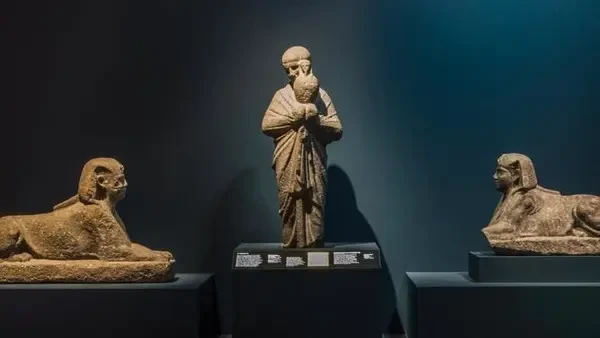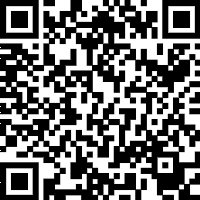National Authority on Remote Sensing and Space Science is considering joint cooperation with UNESCO to achieve the Sustainable Development Goals
Concurrent with the visit of Dr. Ayman Ashour, Minister of Higher Education and Scientific Research, and President of the Egyptian National Commission for UNESCO, to France to attend the meetings of the Executive Board of UNESCO, and the importance of strengthening fruitful cooperation relations between Egypt and UNESCO, spreading the culture of distance sensing and the speed of the development of its tools and uses in Egypt.
Dr. Islam Abu Al Magd, chairman of the National Authority for Remote Sensing and Space Sciences (NARSS), received the UNESCO delegation in Cairo headed by Dr. Noria Sanz, UNESCO Regional Director, Cairo, to study aspects of joint cooperation, which is part of UNESCO's desire to take advantage of the capabilities of the Technological Sensor Authority and to make available accurate data in more than one field, in addition to many advanced scientific applications.
For his part, Dr. Islam Abu Al Magd is keen on the National Commission for Remote Sensing and Space Science (NARSS) and is ready to use its available resources and capabilities in water, agriculture, geology, environment and Internet of Objects (lOT) applications, as well as the climate station and its potential for forecasting and tracking climate change, in order to achieve the goals of sustainable development in Egypt and the Arab region by opening up possibilities for scientific cooperation with UNESCO.
The meeting discussed mechanisms for strengthening joint cooperation with the UNESCO Cairo office to work in various areas (such as food and climate change), focusing on the oases, deltas and shallow areas of Egypt.
On her part, I crossed Dr. Noria was pleased to cooperate jointly with the Commission on Remote Sensing and Space Science to contribute effectively to the development of UNESCO's Open Science Platform, providing an opportunity to provide common services through cooperation and resource sharing between the UNESCO Open Science Portal and the platform developed by the Authority, with interest in the use of databases, training courses and capacity-building, the use of big data and Internet of Things applications in many areas of development through remote sensing and GIS, and providing the best service to Egypt The Arab region is moving towards strong development using new and innovative technologies.










